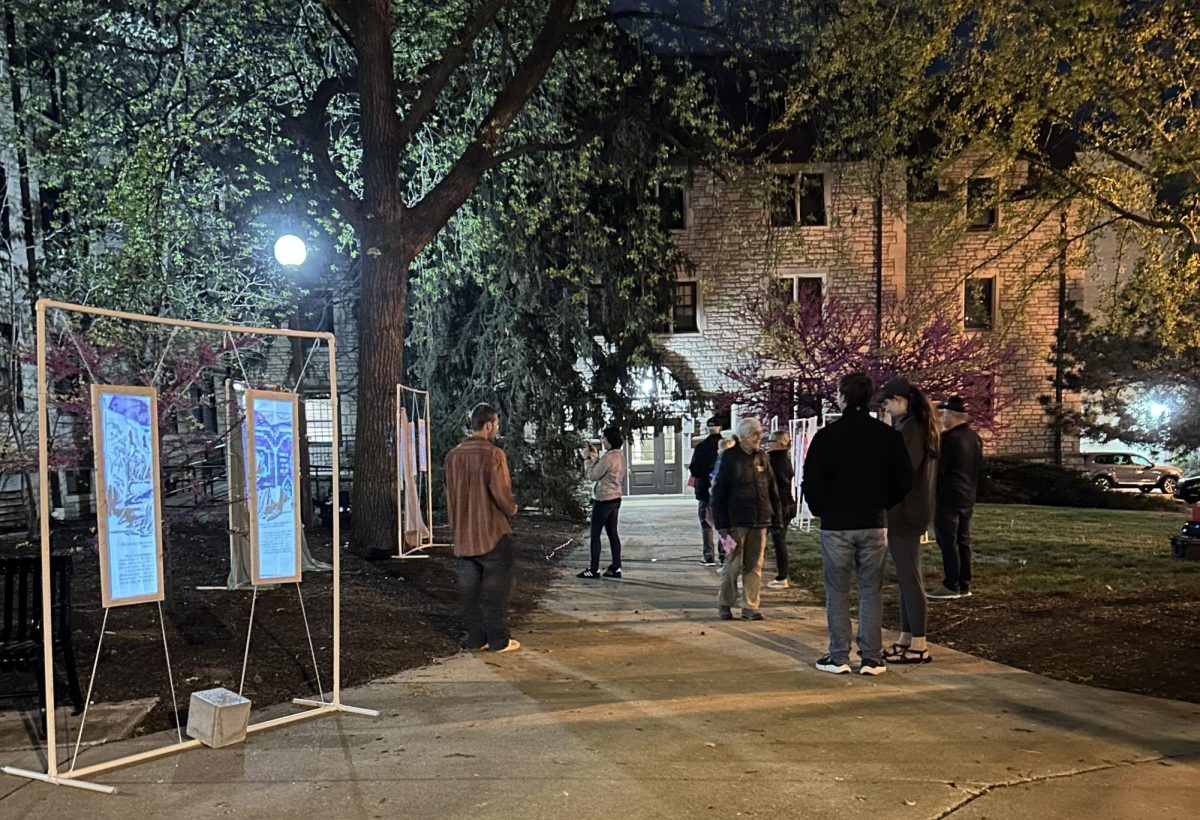Dear Netflix,
“What’s with the sex anyway?” I asked as I watched the not-very-handsome-at-all-actually Hank Moody stick his dong into yet another hopelessly attractive 20-something.
This was probably the third girl he’d slept with that day, with no intention of slowing down. Moody has no regrets and keeps his emotions away from his lays, yet somehow continues to make each and every woman he sleeps with feel important.
It’s pretty disgusting. And I’m obsessed with it.
So what _is_ with the sex? What does it say about me, a sassy 18-year-old who isn’t so innocent, for not realizing earlier the implications of a show called “Californication”?
Take the premise: Hank writes books. He does lots of blow and drinks lots of hard liquor. He’s in love with his kid’s mom but they’re not together.
His best friend is his washed-up agent, he lives in L.A., and between the drugs and rock and roll, he does a fairly terrible job at raising his daughter.
The series is essentially a coitus parade, and let’s be honest, I saw it coming.
You’ve got me hooked, Netflix. It’s not often you offer up a Showtime gem, and this was definitely a quality decision on my part. But what’s the origin of the appeal?
Perhaps it’s the execution: “Californication” won two Emmys and a Golden Globe.
While the awards were for acting and cinematography, a different aspect struck me as undeniably praiseworthy: As you’d expect of a series with a novelist as lead, the writing is great.
It’s not the mind-blowing banter of “Scandal” (which can become aggravating in its finesse, at times), but rather a quirky and overwhelmingly blunt approach to characterization that specializes in airtight one-liners and the perfect amount of questionable silence to back them up.
This is most apparent in Hank, but paralleled in other leads, including his daughter and ex.
Both are exasperated with his way of life, yet they don’t know how to abandon him. They play a sort of song-and-dance, often hiding their true emotions and only allowing their disappointment to show in situations where it’s entirely unavoidable.
Take the time Hank’s daughter, Becca, comes home to a room full of strippers and Rick Springfield, a TA he’d been sleeping with (Hank’s a professor circa season two), and the mother of her best friend (with whom he’s also slept).
This sort of thing happens with a striking regularity. Does the execution really compensate for that? It doesn’t actually have to.
Human emotions are a funny thing. Hank Moody? Well, he’s the unwavering counterpart to Charles Bukowski.
Hank’s a misogynist, he’s vain, he’s offensive, _et cetera, et cetera._ And we love him because he hurts much harder than we do.
In some ways, his lost eyes seem to mirror our own heartache, and we see in him a brokenness that only comes from being far too brave in the face of chances we were always too timid to take.
Hank mirrors the appeal of every bad boy in history. I know, because I’m a sucker for them myself.
The downsides? “Californication” can be predictable in the sense that you usually know how an episode will end before you’re halfway through it.
Hank’s daughter also isn’t the best actor in the world, but she’s young, so I can overlook it.
It’s the kind of show that anyone and everyone will fall in love with, which is probably why it’s been so popular. The sex is all part of that. It’s the key to the freedom we don’t have, watching Netflix on our couches. Hank’s going out and getting what we, perpetually lame and far too prone to cat-ladiness, want really deep down.
I’ll stay on my couch, but boy, am I along for the ride.
You’ve got me again, Netflix. Thanks for “Californication.”
Yours,
Elana






